Local Solutions to Global Goals
Projects undertaken by the Institute for Water and Health work to solve issues that address 9 of the 17 sustainable development goals identified by the United Nations.
Learn More About the UN Goals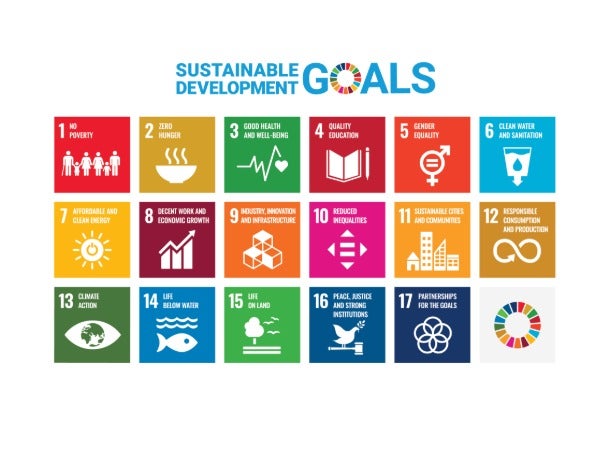
IWH Laboratories
IWH Laboratories conducts water and health research and provides environmental assessment services. The 8,000 sqft facilities are located in Savannah, Georgia has four laboratories, offices for researchers, field equipment, and computational resources.
More About Our Laboratories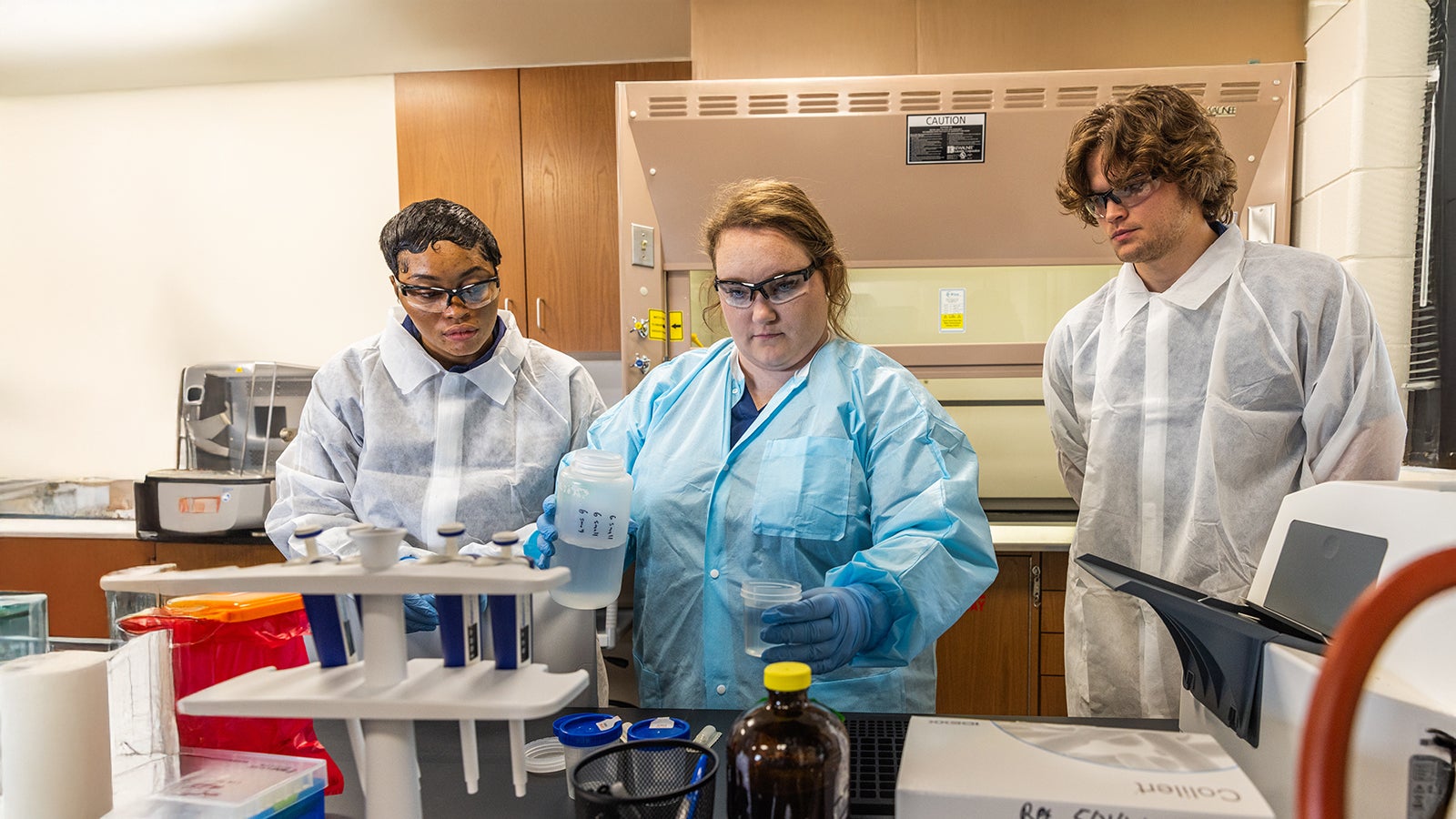
Where We Operate
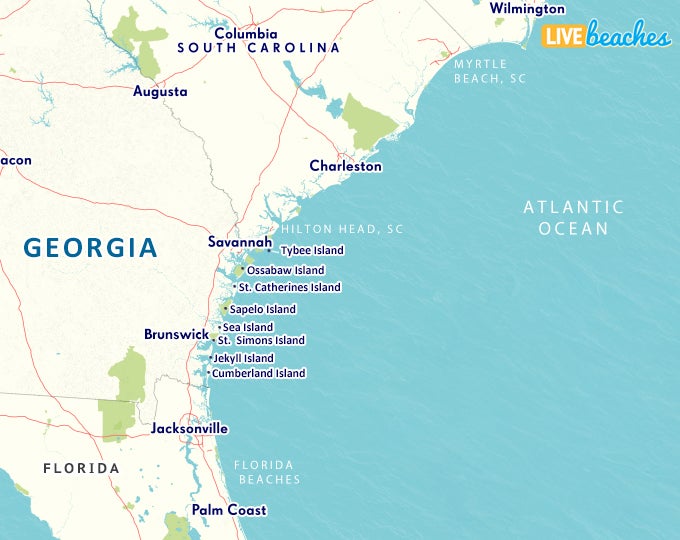
Coastal Georgia
Based in Savannah, the IWH engages with local organizations like the REAL Taskforce, Vernon River Watershed Committee, and GA Coastal Indicators Coalition. We collaborate with nonprofits and academic partners, including Riverkeepers and Coastal College of Georgia, to enhance communication, research, and education. Coastal Georgia hosts a fast-growing population, a major port, three military bases, and unspoiled estuaries with aquaculture and eco-tourism potential. This diverse region includes affluent areas alongside underserved communities facing environmental challenges. IWH supports all, promoting clean water and sustainability.
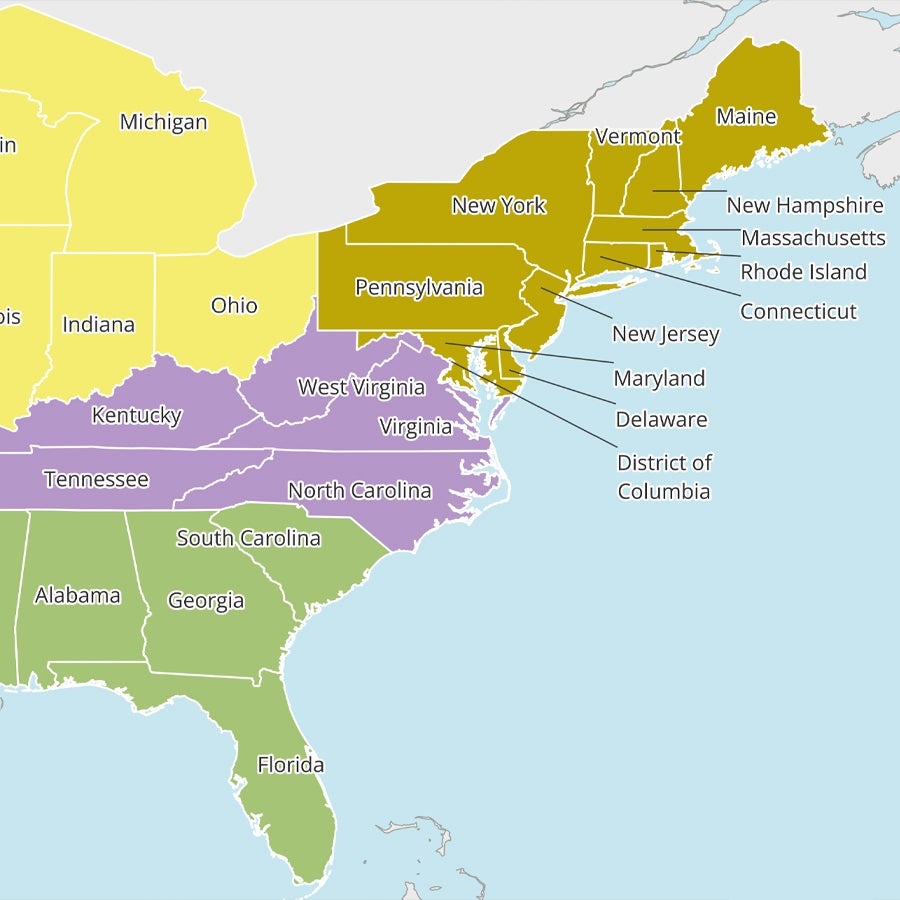
Eastern United States
Although much of the work done by the IWH is located in Georgia, collaborations don’t stop at the state line. We partner with data collection networks ranging from Florida to Maryland looking at beach bacteria levels, predictive modeling, and citizen science projects. Across the coast, we are members of the Southeast Coastal Observing Regional Association, a water quality data clearing house and research partner. The Swamp2Gulf program led by GS College of Education faculty trains teachers from GA to FL in professional development related to water quality and education.
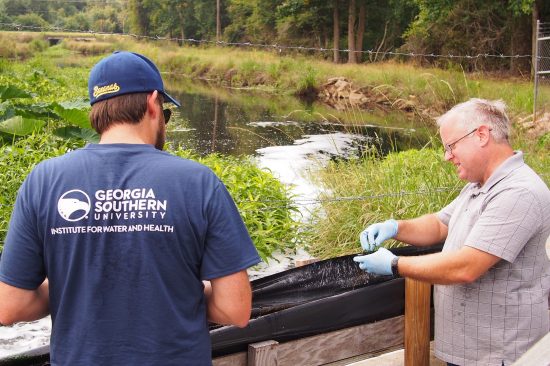
Rural Communities
The IWH serves rural and agricultural areas beyond Savannah and Brunswick, addressing challenges like private wells, septic systems, irrigation, and public health. These issues are deeply connected, requiring collaborative solutions. To support local resilience, the IWH works closely with municipal governments, Farm Bureaus, and water planning commissions, co-developing research projects tailored to community needs. Through these partnerships, we help improve water access, quality, and management, ensuring sustainable practices that protect both residents and ecosystems.
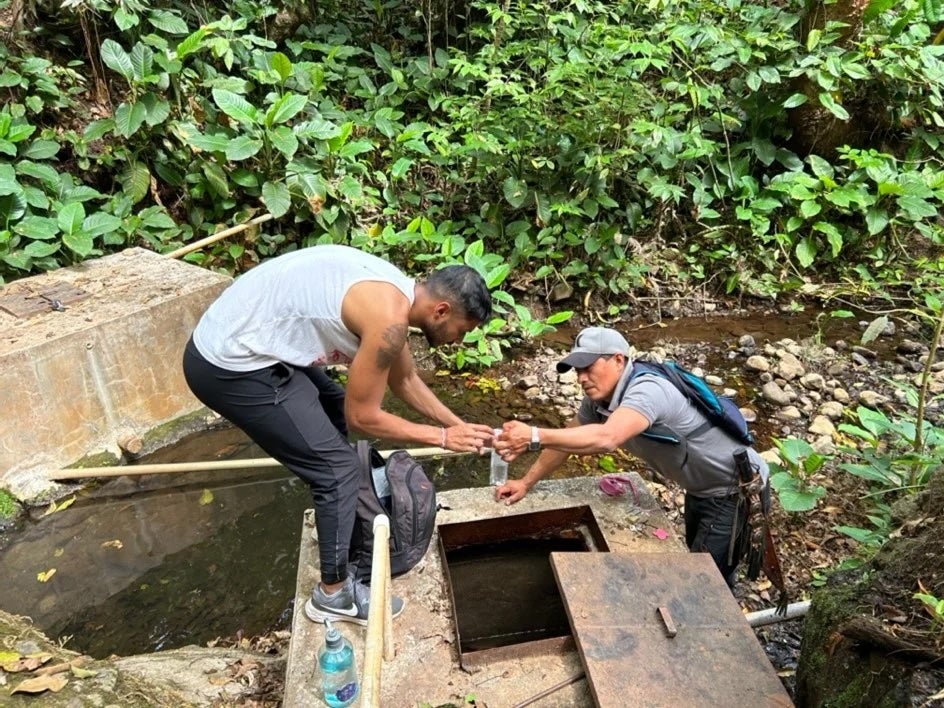
Around the Globe
Collaborating with faculty, local NGOs, and a Harvard public health graduate student, the IWH developed a research project to assess water quality in Santa Lucia and Colomoncagua, Honduras. By pinpointing contamination issues, affected communities can now allocate resources effectively to improve water safety and public health.
